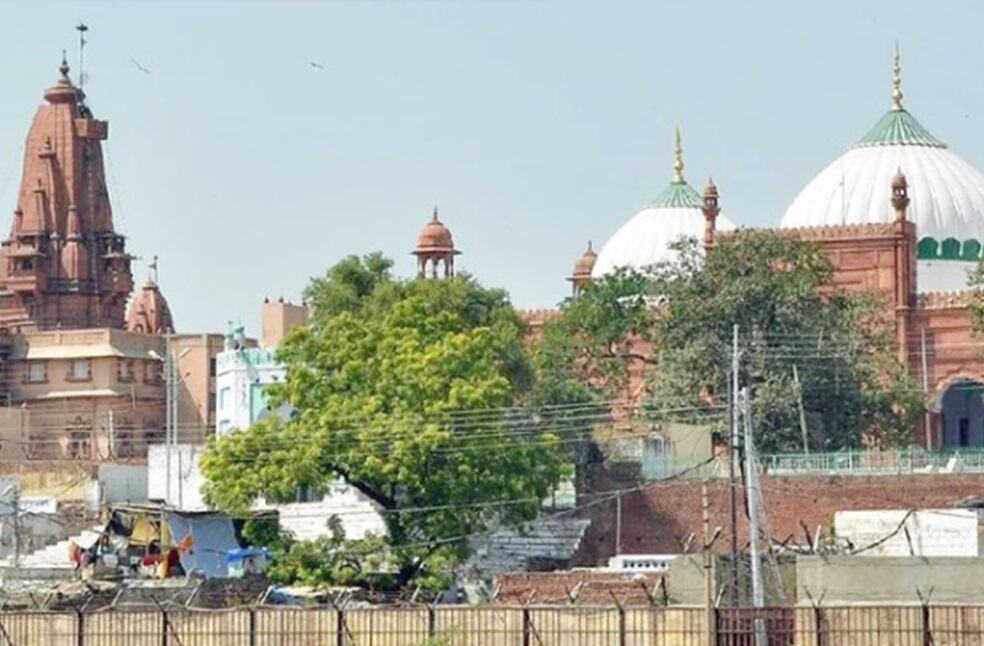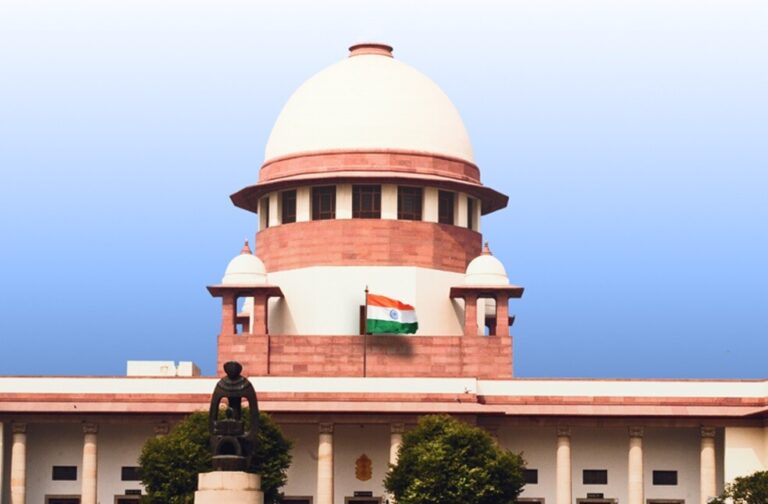New Delhi: The Supreme Court of India has begun hearing petitions challenging the constitutionality of the Place of Worship (Special Provisions) Act, 1991, a law that prohibits altering the character of religious places as they stood on 15th August 1947, the day India gained independence.
Enacted during heightened tensions over the Babri Masjid in Ayodhya, the law aimed to preserve the status quo of religious sites and prevent communal discord.
The mosque was later demolished in 1992 by a Hindu mob, sparking nationwide riots. The Act excludes the Babri Masjid case, which was already under legal review.
The law was introduced to safeguard India’s secular fabric and protect minority places of worship, drawing inspiration from the tumultuous religious strife during the partition of 1947. However, it faced strong opposition from the BJP, which argued it favoured minority communities and suppressed Hindu sentiments.

The petitions under review, including one by a BJP member, argue that the law violates religious freedoms and constitutional secularism. Hindu groups have filed cases against mosques like Gyanvapi in Varanasi and Shahi Eidgah in Mathura, claiming they were built over demolished Hindu temples.
Opponents of the challenges, including Muslim groups and secular leaders, argue that striking down the law could reignite communal tensions. They warn that revisiting historical disputes may lead to violence and erode the principles of secularism.
The law remains in the spotlight as new cases emerge. In Rajasthan, a petition recently claimed the Ajmer Sharif Dargah was built over a Hindu temple. In Uttar Pradesh, violence erupted during a court-ordered survey of a 16th-century mosque, with critics alleging that such surveys defy the 1991 Act’s intent.

The Supreme Court has previously allowed investigations to determine the historical status of religious sites, drawing criticism for what some see as undermining the Act’s purpose.
The Supreme Court’s decision could redefine the legal landscape of religious disputes in India, potentially affecting the status of dozens of sites contested by Hindu and Muslim groups. The ruling will test the balance between protecting religious freedoms and maintaining communal harmony in a diverse and pluralistic society.



